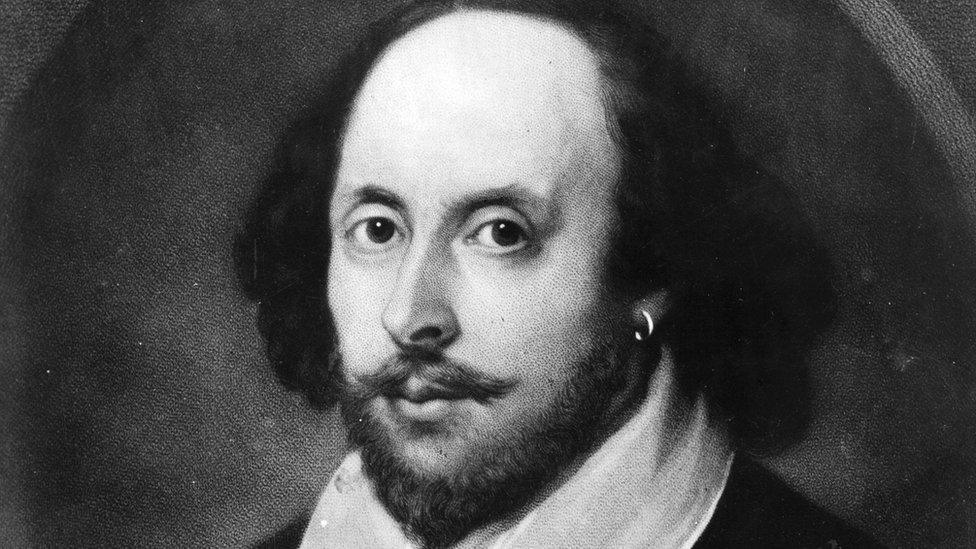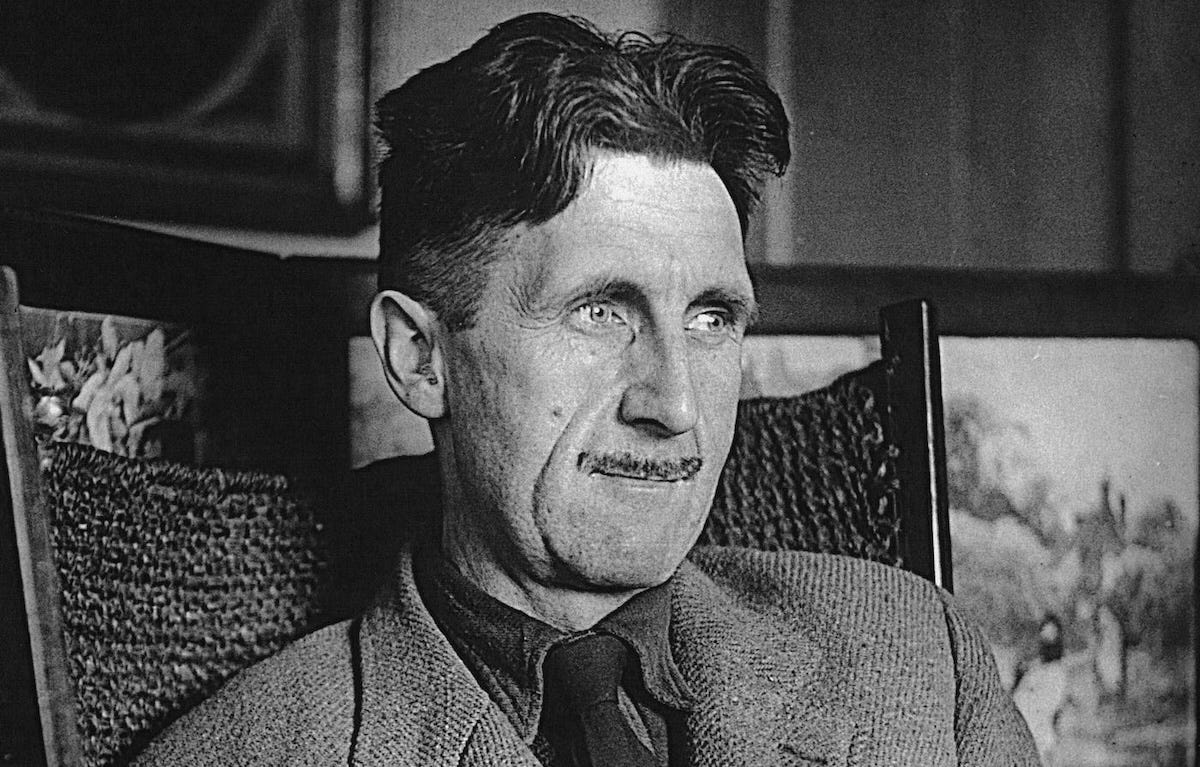Introduction
Top 10 Most Well-Known English Poets And Writers Numerous poets and authors from a wide range of backgrounds have contributed to English literature, influencing readers for years and changing the course of history.
From the first works of medieval and Renaissance literature to the modern works that continue to influence contemporary ideas, the area has steadily changed over the ages.
The essence of human experiences, from love, hopelessness, and joy to the intricacies of politics, identity, and the fight for justice, has been encapsulated by English literary writers and poets. They have pushed the limits of language, given voice to the voiceless, and created new literary techniques.
1. William Shakespeare (1564-1616)
No list of influential English writers would be complete without William Shakespeare, the quintessential playwright, poet, and actor. Widely regarded as the greatest writer in the English language, Shakespeare’s works have not only endured for centuries but continue to captivate and inspire people across the globe.
Legacy and Contributions
Shakespeare’s works consist of 39 plays, 154 sonnets, and two narrative poems. His plays have been translated into every major language and are performed more often than those of any other playwright. Some of his most famous plays include tragedies such as Hamlet, Macbeth, and King Lear, comedies like A Midsummer Night’s Dream and Twelfth Night, and histories including Richard III and Henry IV.
His ability to delve into the complexities of human nature—love, jealousy, ambition, and vengeance—has made him relevant even today. Shakespeare’s contribution to the development of the English language is equally profound. He coined phrases and words that are now deeply embedded in the English lexicon, including “break the ice,” “wild-goose chase,” and “the green-eyed monster.”
Notable Works
- Hamlet
- Macbeth
- Romeo and Juliet
- Othello
- The Tempest

2. Geoffrey Chaucer (1343-1400)
Often referred to as the “Father of English literature,” Geoffrey Chaucer was one of the most important figures in medieval English writing. His Canterbury Tales remains a seminal work of Western literature and marks a significant departure from Latin texts to vernacular English.
Legacy and Contributions
Chaucer was pivotal in legitimizing the English language, which at the time was often overshadowed by Latin and French in literary and academic circles. His use of the English vernacular in The Canterbury Tales helped to elevate English as a language of literary significance. His satirical works comment on medieval society, showcasing his deep understanding of human nature and social structures.
The tales themselves, a series of stories told by a group of pilgrims journeying to Canterbury, depict a wide range of characters from different social classes. Chaucer’s masterful use of irony, humor, and vivid character portrayals has made The Canterbury Tales a timeless classic.
Notable Works
- The Canterbury Tales
- The Book of the Duchess
- Troilus and Criseyde
Read more
3. John Milton (1608-1674)
John Milton is best known for his epic poem Paradise Lost, one of the greatest works of English literature and an essential text in the Christian tradition. Milton’s works reflect his deep knowledge of classical literature, philosophy, and theology.
Legacy and Contributions
Milton’s writing spans political pamphlets, poetry, and prose. He was a fierce advocate for individual freedom, particularly in matters of speech and religion. Paradise Lost tells the story of the fall of man, exploring profound theological and philosophical issues, such as the nature of free will, the concept of evil, and the conflict between good and evil.
His other works include Paradise Regained and Samson Agonistes, as well as a body of political tracts advocating for liberty and republicanism. Milton’s influence on literature, theology, and political thought has been immense.
Notable Works
- Paradise Lost
- Paradise Regained
- Samson Agonistes
- Areopagitica
4. Charles Dickens (1812-1870)
Charles Dickens is one of the most celebrated novelists of the Victorian era, known for his vivid characters, social commentary, and masterful storytelling. His works focus on the struggles of the poor and the injustices of society, highlighting issues such as class inequality, child labor, and the abuse of power.
Legacy and Contributions
Dickens wrote about the plight of the underprivileged and the social evils of his time. His ability to create memorable characters—like Ebenezer Scrooge from A Christmas Carol, Oliver Twist from Oliver Twist, and David Copperfield—has made his novels beloved by readers of all ages.
Dickens’ novels are also known for their serialized nature, often published in newspapers before being compiled into books. His stories are a blend of humor, pathos, and social criticism, giving a voice to the working class and drawing attention to the harsh realities of Victorian society.
Notable Works
- A Christmas Carol
- Great Expectations
- Oliver Twist
- David Copperfield
- Bleak House
5. Virginia Woolf (1882-1941)
A key figure in the modernist movement, Virginia Woolf is known for her pioneering stream-of-consciousness writing style and her exploration of the inner lives of her characters. As a writer, she pushed the boundaries of literary form, while also exploring themes of mental illness, sexuality, and the social position of women.
Legacy and Contributions
Woolf’s works explore the themes of time, memory, and identity. Her most famous novels, Mrs. Dalloway and To the Lighthouse, delve into the complexities of human consciousness and perception, often eschewing traditional narrative structures.
Woolf was also an advocate for women’s rights and was instrumental in the early feminist movement. Her essay A Room of One’s Own is a seminal work in feminist literary criticism, arguing that women need financial independence and personal space to write and create.
Notable Works
- Mrs. Dalloway
- To the Lighthouse
- Orlando
- A Room of One’s Own
6. Jane Austen (1775-1817)
Jane Austen is widely considered one of the greatest novelists in English literature. Her works, which include Pride and Prejudice, Sense and Sensibility, and Emma, are renowned for their wit, social commentary, and keen observations of human relationships.
Legacy and Contributions
Austen’s novels examine the themes of love, marriage, and social class in the early 19th century. While her works may seem lighthearted on the surface, they offer sharp critiques of the social norms and gender expectations of the time.
Her strong, independent female protagonists have resonated with readers across generations. Austen’s influence on the romantic novel genre is immense, and her works have been adapted into countless films, TV series, and stage productions.
Notable Works
- Pride and Prejudice
- Emma
- Sense and Sensibility
- Mansfield Park
7. T.S. Eliot (1888-1965)
T.S. Eliot is widely regarded as one of the most important poets of the 20th century. His work helped define modernist poetry, and he is best known for his complex, multilayered poems that explore themes of fragmentation, alienation, and the search for meaning in a chaotic world.
Legacy and Contributions
Eliot’s poetry reflects his disillusionment with modern society and his quest for spiritual renewal. His poems often feature dense allusions to literature, religion, and mythology, making them a rich source of study.
His landmark poems, The Waste Land and The Love Song of J. Alfred Prufrock, transformed the landscape of modern poetry, marking a departure from the traditional forms of the past and influencing many other poets who followed.
Notable Works
- The Waste Land
- The Love Song of J. Alfred Prufrock
- The Hollow Men
- Four Quartets
8. William Blake (1757-1827)
William Blake was a visionary poet and artist whose works are marked by their mysticism, rebellion against conventional thinking, and radical critique of society and religion. Blake’s poetry is imbued with spiritual themes, and his prophetic works challenge the moral and political status quo of his time.
Legacy and Contributions
Blake is best known for his lyrical and mystical poetry, such as Songs of Innocence and Experience, which juxtaposes the purity of childhood with the harshness of adulthood. His poetry often includes themes of social justice, mysticism, and the conflict between innocence and experience.
Blake’s innovative blending of visual art and poetry makes him unique in the history of English literature. His works continue to inspire poets, artists, and scholars.
Notable Works
- Songs of Innocence and Experience
- The Marriage of Heaven and Hell
- The Chimney Sweeper
9. Samuel Taylor Coleridge (1772-1834)
Samuel Taylor Coleridge was one of the central figures of the Romantic movement and is best known for his poems The Rime of the Ancient Mariner and Kubla Khan. His works combine imagination, nature, and the supernatural, establishing him as a key contributor to Romantic poetry.
Legacy and Contributions
Coleridge’s poetry is known for its emotional depth, rich symbolism, and exploration of the supernatural. His collaboration with Wordsworth produced Lyrical Ballads, a landmark in Romantic literature.
Coleridge’s critical writings, particularly his philosophy of poetry and his views on the imagination, helped shape modern literary theory.
Notable Works
- The Rime of the Ancient Mariner
- Kubla Khan
- Biographia Literaria
Read more
10. George Orwell (1903-1950)
George Orwell was a journalist, essayist, and novelist whose works are marked by their concern for social justice, individual freedom, and the dangers of totalitarianism. His novels 1984 and Animal Farm are widely regarded as two of the most important works of the 20th century.
Legacy and Contributions
Orwell’s writing focuses on the perils of political oppression, the abuse of power, and the role of language in controlling thought. 1984, a dystopian novel set in a totalitarian state, has had a profound influence on political thought and continues to be relevant in discussions of surveillance and government control.
Orwell’s essays, too, have influenced modern social criticism, advocating for clarity and honesty in writing.
Notable Works
- 1984
- Animal Farm
- Homage to Catalonia

Conclusion
A wide variety of literary eras, themes, and styles are represented among the top ten most famous English poets and authors of all time. From Virginia Woolf’s revolutionary modernist novels to William Shakespeare’s classic plays, these authors have all made significant and enduring contributions to the world of letters and added to the rich tapestry of English literature.
Their writings continue to have an impact on readers, authors, and academics of all ages, whether it is by examining the complexities of the human soul, challenging social injustices, or playing with form and structure.
From Chaucer to Orwell, each of these authors offers a glimpse into the changing social, political, and cultural climate of their eras. They provide insights that are still applicable now while reflecting the issues of their respective times.
Read more
FAQs
1 Who is considered the greatest English poet of all time?
William Shakespeare is widely considered the greatest English poet, known for his contributions to drama and poetry, including masterpieces like Hamlet and Macbeth.
2 What makes Shakespeare’s work so influential?
Shakespeare’s exploration of human nature, his mastery of language, and his ability to create unforgettable characters and stories have made his work timeless. He is also credited with coining many phrases and words still in use today.
3 What is Virginia Woolf known for?
Virginia Woolf is known for her modernist novels, such as Mrs. Dalloway and To the Lighthouse, which explore the complexities of time, memory, and the human mind. She is also famous for her feminist writings, including A Room of One’s Own.
4 Why is George Orwell important?
Orwell is important for his works 1984 and Animal Farm, which critique totalitarian regimes and explore the consequences of power, surveillance, and propaganda.
5 What impact did Charles Dickens have on literature?
Dickens is known for his vivid characterizations, social criticism, and exploration of the injustices faced by the poor. His works, such as A Christmas Carol and Great Expectations, have had a lasting influence on both literature and social reform.



